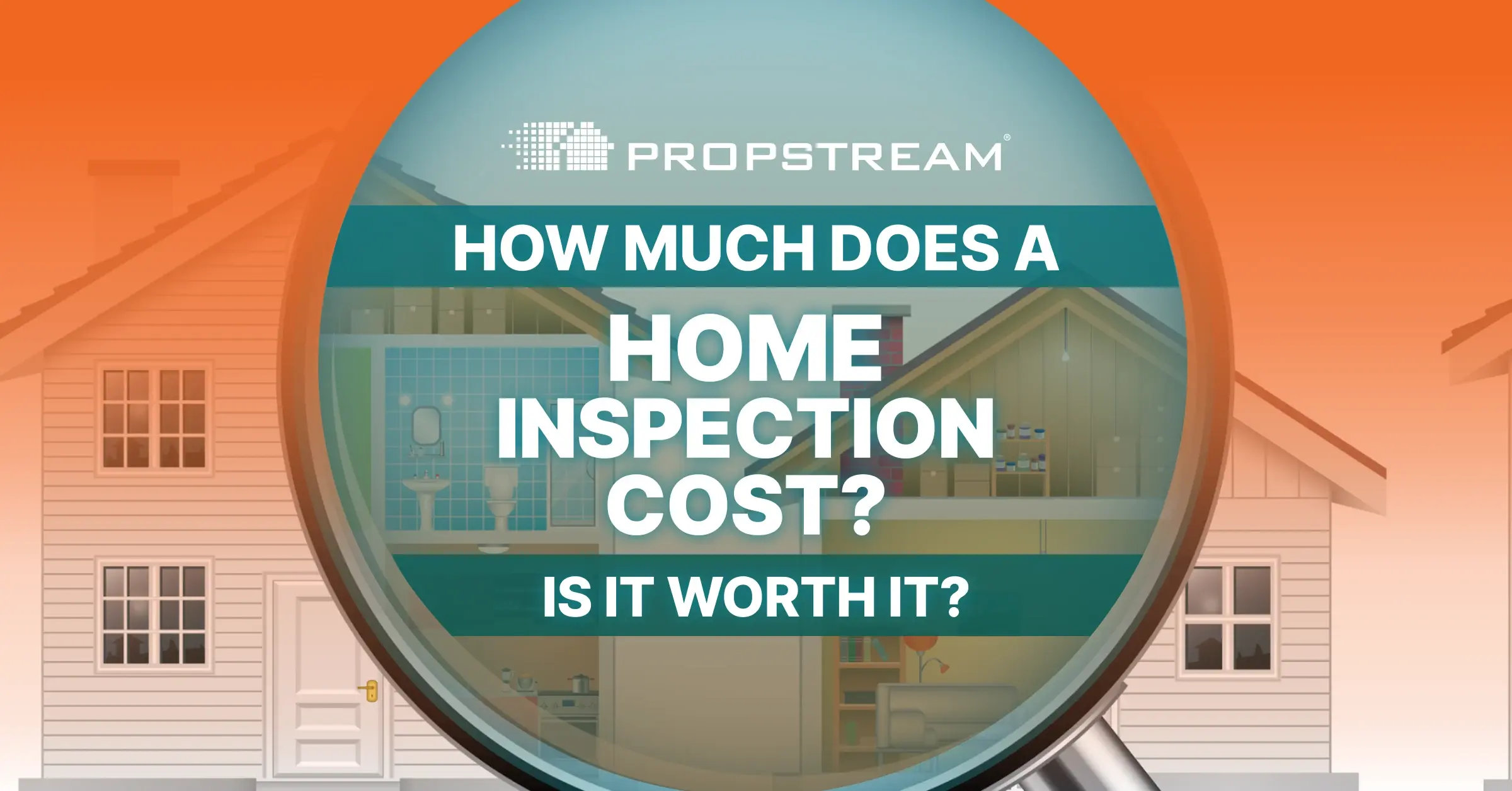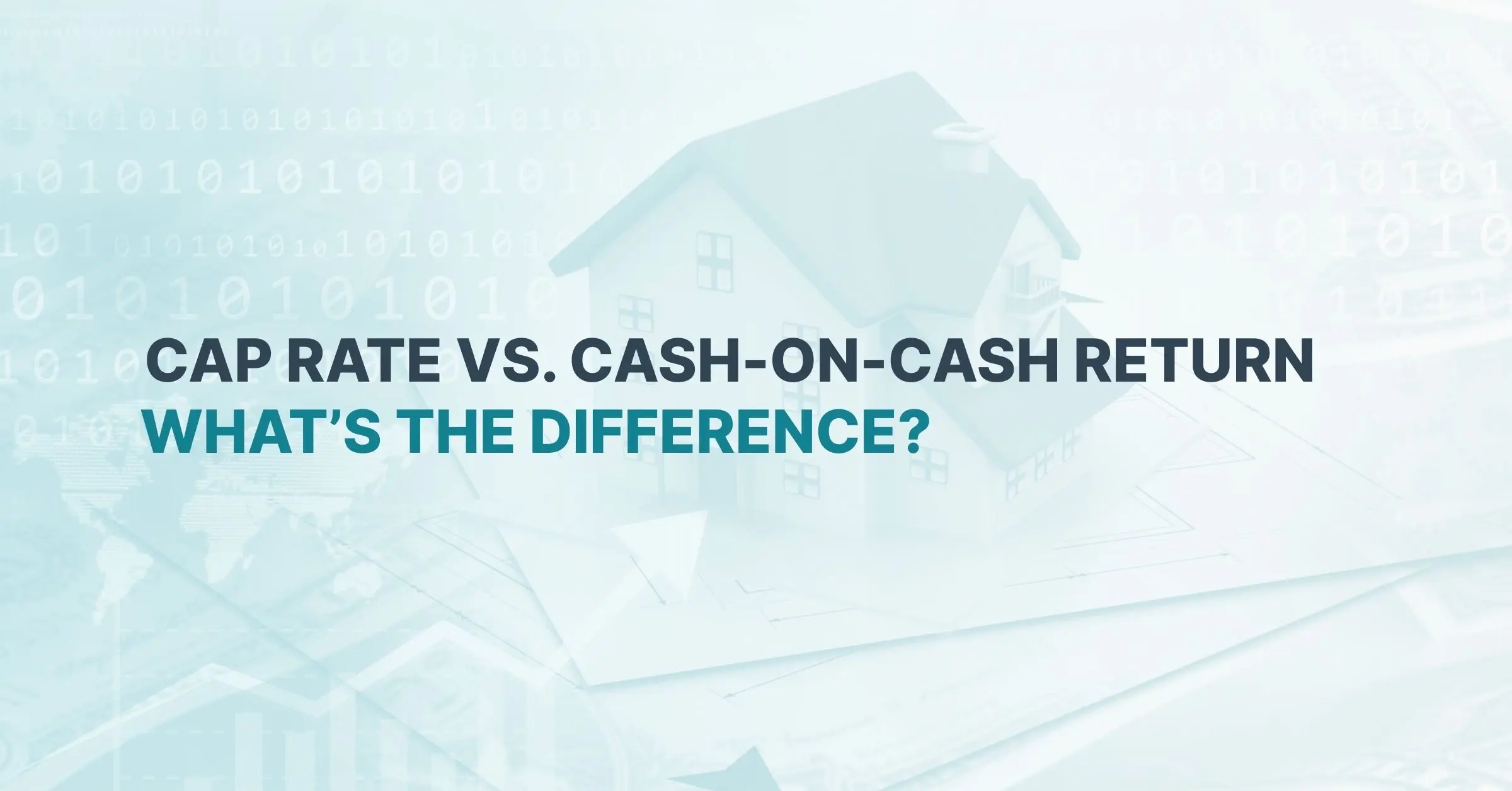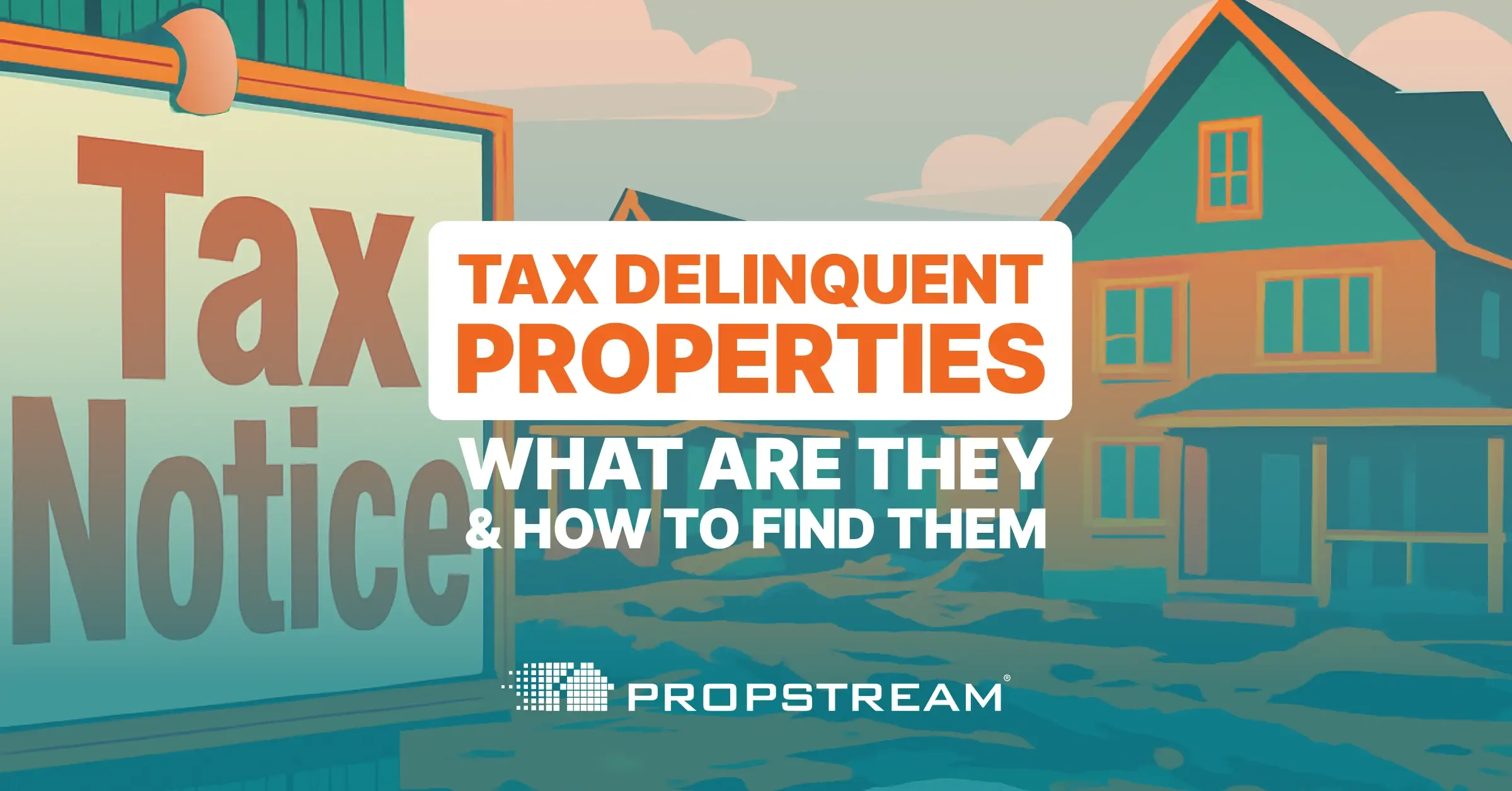You don’t legally need a real estate license to be a real estate investor, but should you have one?
Some real estate investors are choosing to operate their investment businesses with the help of a formal real estate license. In this post, we’ll discuss why some investors are choosing to get licensed and why it may (or may not) make sense for you to get your real estate license as a real estate investor.
Benefits to Having Your Real Estate License
Many real estate investors cite MLS access as their primary reason for getting their real estate license. As a licensed real estate agent, you are authorized to view local MLS data, much of which is exceptionally helpful in finding and evaluating real estate investment deals. In the old days, being licensed was the only way to gain this kind of access. But now, in the age of big data, you can gain MLS access to a wider geographic area simply by subscribing to a service like PropStream that uses local MLS data to populate a nationwide, searchable database.
But what about owner contact info? This information is typically available through the MLS, but can you get it elsewhere? Yep! Top-quality subscription services such as PropStream provide owner contact info so you can reach out directly even without a real estate license.
The final reason some investors choose to get their real estate license is because this entitles them to earn commissions and referral fees on real estate transactions. If you have an extensive network of property owners and investors, you can earn some extra income representing buyers and sellers in real estate deals. Or simply earn referral fees by referring their business to other agents.
Downsides to Having Your Real Estate License
So the only real reason to get a real estate license in this technological age is for the commission and referral potential. But is this worth the downsides of getting licensed?
The most obvious downside to being licensed is the expense. Every step in getting licensed comes with its own costs:
- State-required real estate course expenses
- State exam fees
- Fingerprint, background, and processing fees
- Application fees
- Continuing education expenses
- Renewal fees
- And, of course, you’ll have to split any commission or referral income with your broker (usually a 50/50 split for new licensees)
Then there’s the time and hassle. It typically takes several months of education and studying to pass your real estate exam. Then you’ll need to interview brokers and file the small mountain of paperwork required to claim your license. Once you've got it, you have to keep up with the continuing education required to keep your license active.
But there’s another big downside: potential legal liability. As a private, non-licensed investor, you’re largely free to operate as you see fit. But as a licensed agent, you’re legally bound to specific disclosure requirements and fiduciary duties. This can expose you and your business to potential legal issues that private investors don’t need to worry about.
What's Right for You?
With the right tools for finding properties and owner contact information as an investor, a real estate license may not be worth it. Only you can decide what’s best for your real estate investment businesses. Just make sure you understand the pros and cons before investing your time and money in getting your real estate license.



